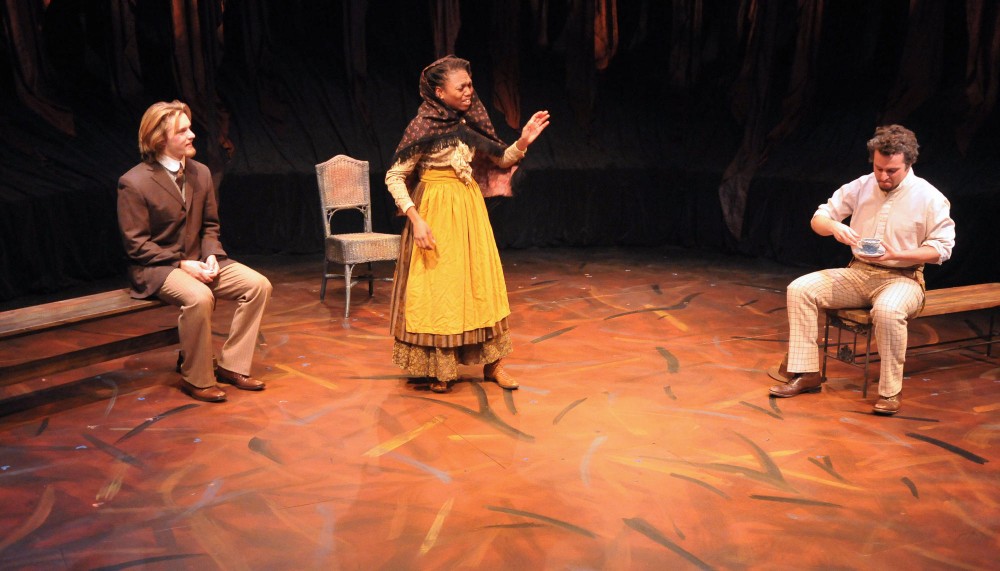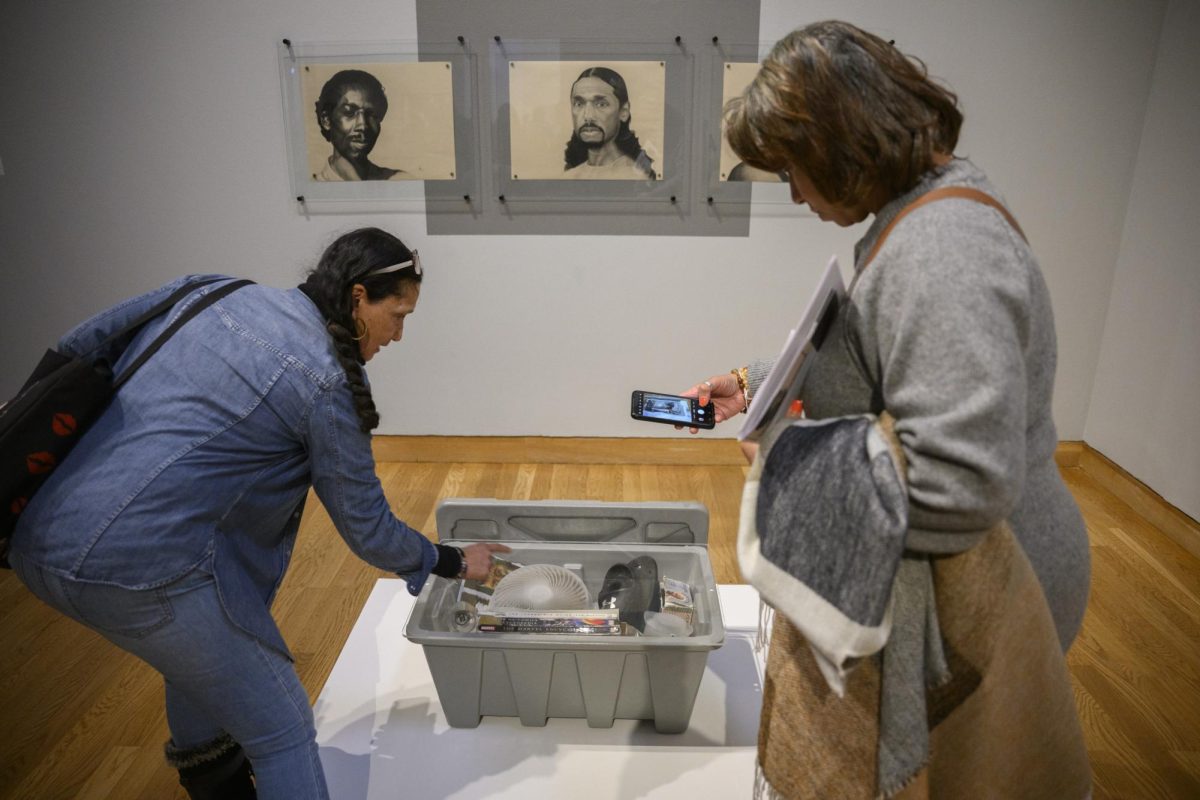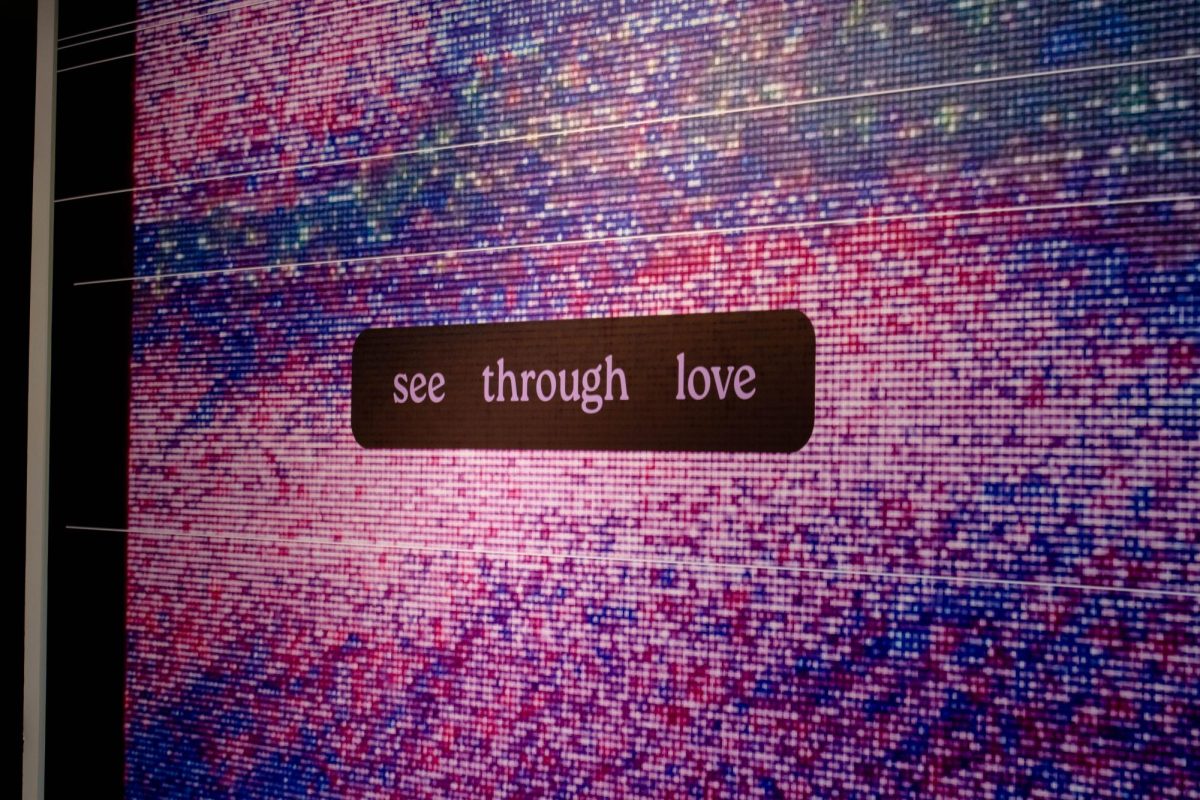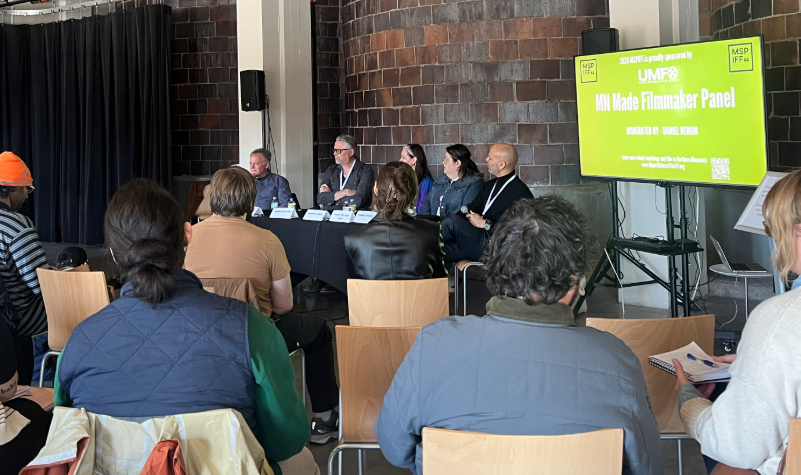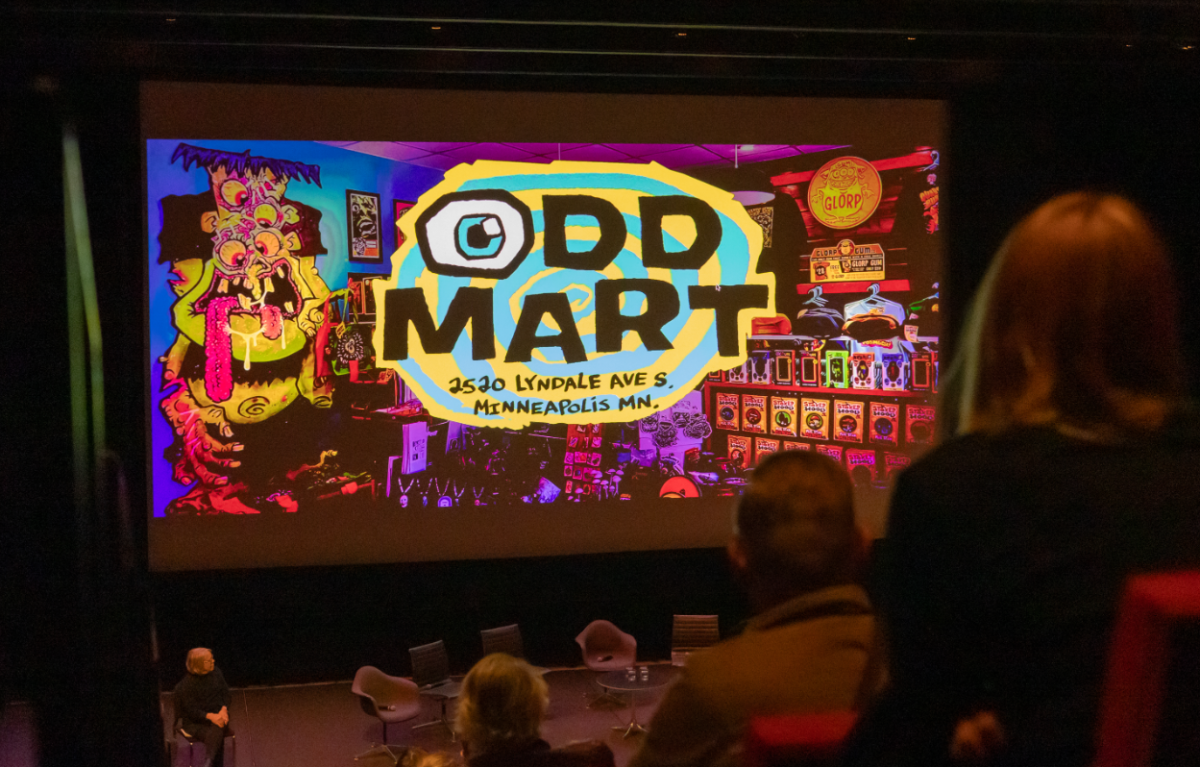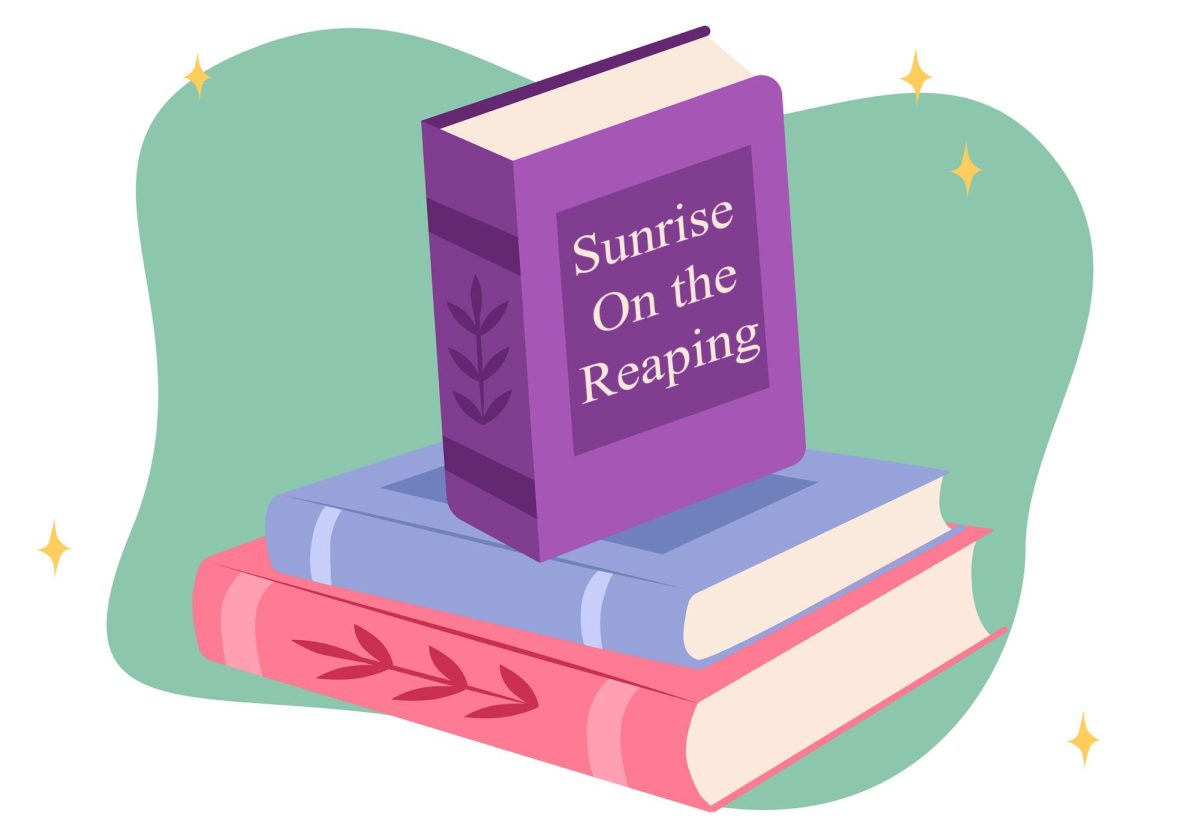What: Anton ChekhovâÄôs âÄúUncle VanyaâÄù and âÄúThe Cherry OrchardâÄù
Where: Arena Theater, Rarig Center, 330 S. 21st Ave.., Minneapolis
When: 7:30 p.m., Dec. 1 through Dec. 10, 2:00 p.m.,Saturday/Sunday matinee
Cost: $10/$5 students
One side of the Rarig CenterâÄôs petite Arena Theater has been shuttered off by ceiling-high layers of earth-toned drapery, a flourish matched by an abstract composition on its circular stage. This funereal facade is the somber setting for a week-long séance held by University of Minnesota Bachelor of Fine Arts actor training program students who hope to conjure the spirit of Russian playwright Anton Chekhov as he speaks through them from over 100 years beyond the grave.
These dutiful conduits will present their double-feature of ChekhovâÄôs âÄúUncle VanyaâÄù and âÄúThe Cherry Orchard,âÄù two plays that explore no less than the full complexity of human lives and relationships. Before they throw it all up on stage, BFA performers in both productions had some deep-text digestion to do.
âÄúUncle VanyaâÄù director Joseph Price, who flew in from Buffalo, N. Y., specifically to direct his rendition of ChekhovâÄôs major work, meticulously combed through the text and subtext with his performers in the creative equivalent of hand-shampooing a shag carpet.
They regularly spent hours discussing a single page of the script with involved discussions on a specific characterâÄôs motivations and state of mind. This process was to mine each moment for its wealth of subtle yet crucial character dynamics.
âÄúIt was really painstakingly [sic] going through each moment in the play and making sure it was completely filled,âÄù Price said.
This exercise was challenging but useful to BFA senior Elyse Edelman, who will perform in both âÄúVanyaâÄù and âÄúOrchard.âÄù Edelman wakes up each morning and immediately reminds herself who she is for the day.
âÄúThese people are so intense âĦ You have to be thinking about these people all the time,âÄù Edelman said. âÄúWhen youâÄôre playing one person, that person is always in your subconscious.âÄù
âÄúVanyaâÄù castmate and BFA senior Thorsen Johnson echoes this statement in a paraphrase of famed acting teacher Stella Adler, who pinned down what it is that makes Chekhov so engaging for actors.
âÄúChekhov only gives you one-quarter of the character and the other three quarters you have to come up with yourself,âÄù Johnson said.
ItâÄôs an approach that requires actors to spend immense amounts of time with the text in surmising and constructing the lives of and relationships between its characters.
âÄúCherry OrchardâÄù director and longtime Guthrie veteran Sari Ketter supplemented her text analysis with in-depth historical research. She provided a reference book she assembled from her own work, and she had each performer draw their vision of the Cherry Orchard estate. Ketter even put details like the etymology of characterâÄôs names under the microscope. âÄúYou find that usually playwrights do not pick a name arbitrarily,âÄù Ketter said, âÄúItâÄôs surprisingly revealing.âÄù
Dr. Mikhail Lvovich Astrov in âÄúUncle Vanya,âÄù whose name shares its root with âÄúAster,âÄù a genus of Eurasian flowers, speaks at length in proto-environmentalist lamentations about the loss of nature.
âÄúSome of those speeches could very well be written today,âÄù Price said.
Johnson, who will play Astrov in this production of âÄúVanya,âÄù slipped into his role through his combination of analysis and experience. Johnson shares AstrovâÄôs love for nature and spent time along the Mississippi river bed slowly rehearsing his lines.
âÄúI just tried to let the love of the woods flow in,âÄù Johnson said, who would make his trips after rehearsals that would sometimes finish past 11 p.m. âÄúGetting to go be in the trees and say the words is always a profound experience in a less analytical way than a lot of what weâÄôre doing in class.âÄù
It could be an extensive discussion, hours of historical research or a pensive walk through the woods: the actors of Chekhov work tirelessly in search of their characters.
âÄúIt almost feels like youâÄôre a detective digging through the text,âÄù Edelman said.
This investigative work often turns up clues that can be arranged and rearranged to sort out any number of solutions to the mystery intrinsic to ChekhovâÄôs work.
âÄúItâÄôs so many things. You could look at it as a poem. You could look at it as very realistic. It has sort of an impressionistic feel to it. It can be abstract. It can be extremely literal. ItâÄôs just all over the place in terms of emotions and point of view,âÄù Ketter said.
While his work may be at turns deliberately mundane, Chekhov sought to present a challenge to performers âÄî to make the tedious so faithful to reality it becomes enthralling.
âÄúChekhov understands humanity. Perhaps more than any other playwright, he really understood human beings,âÄù Price said.


